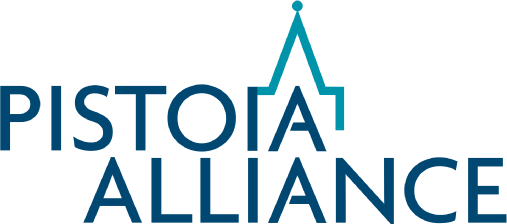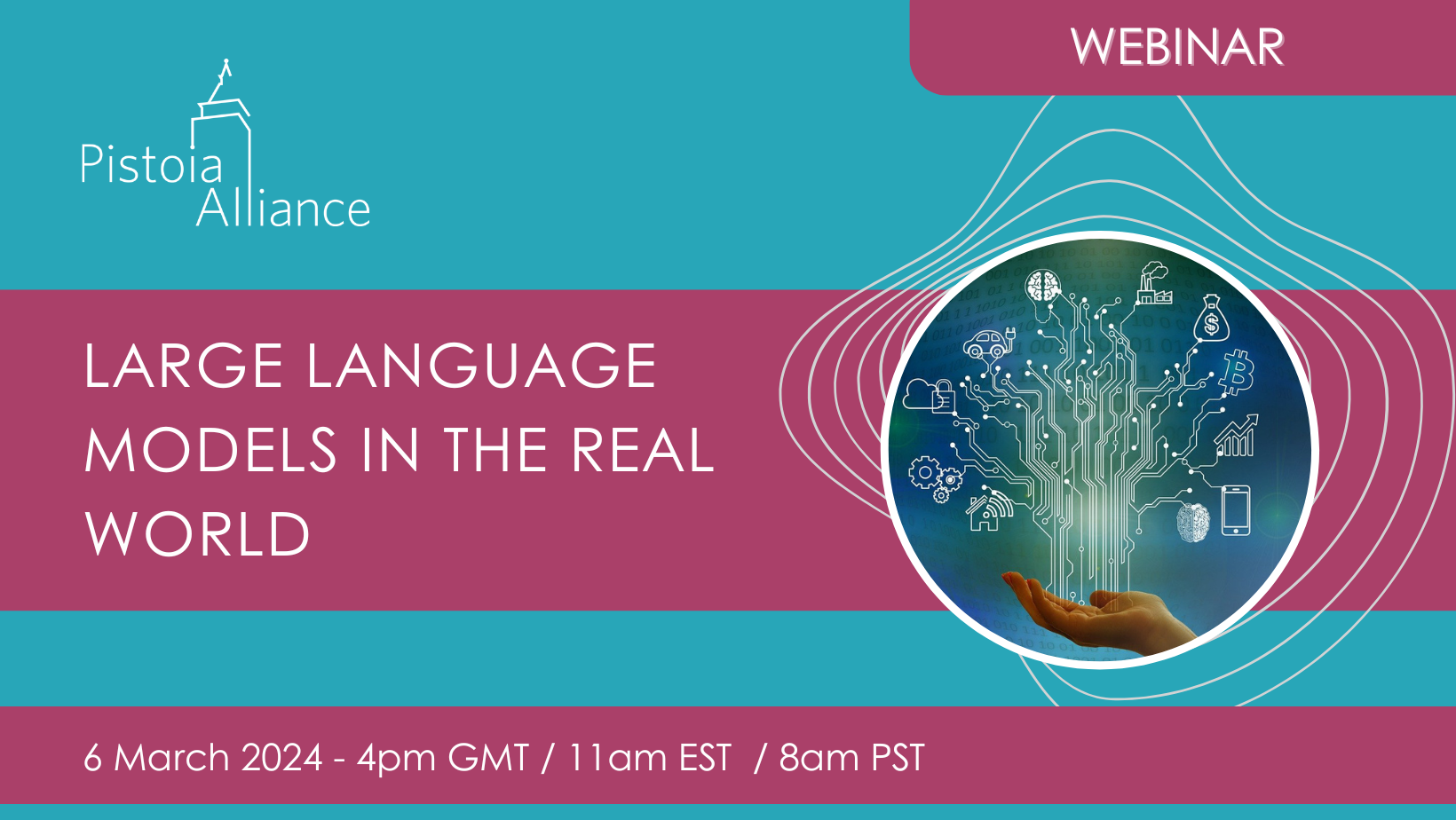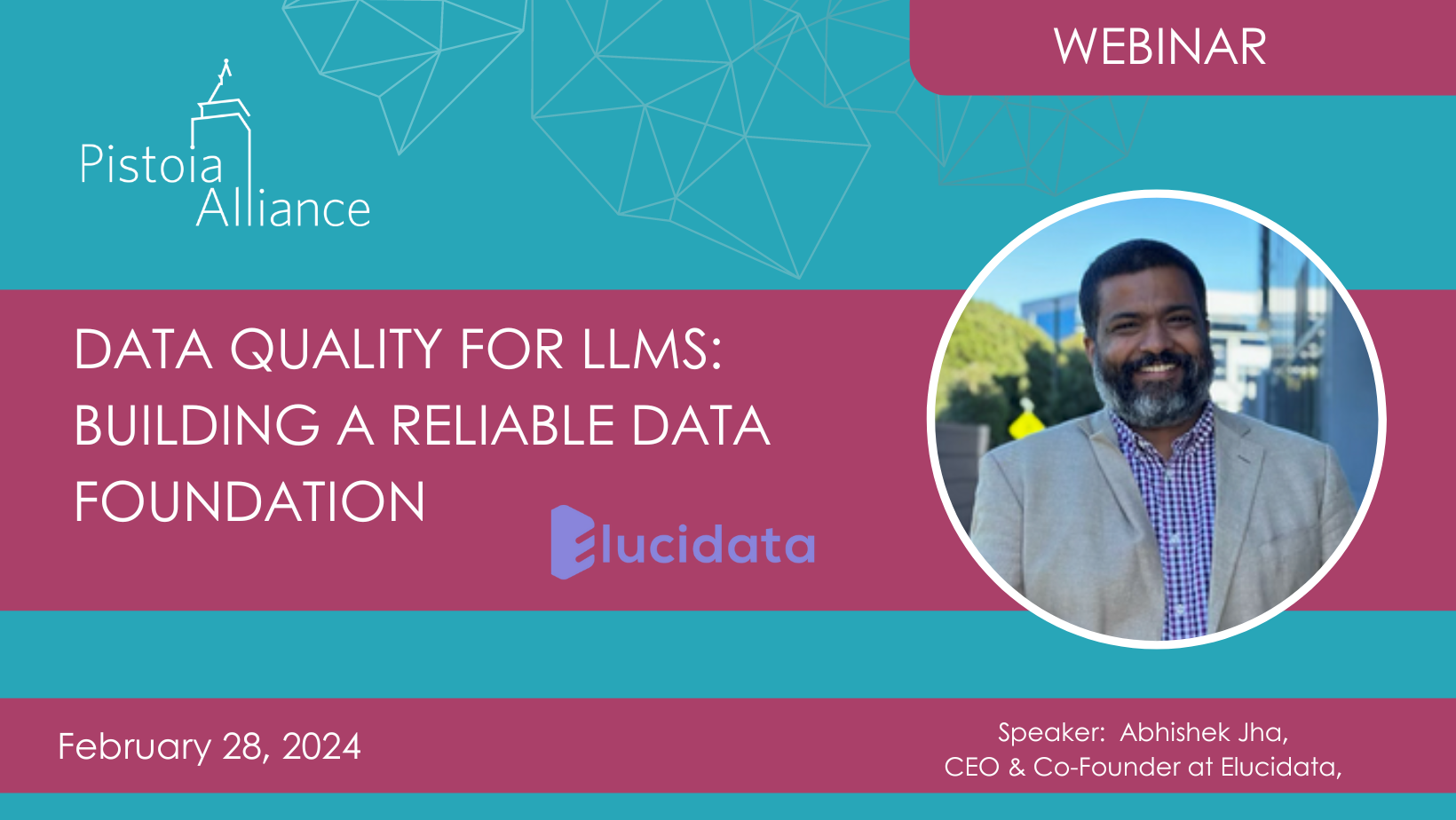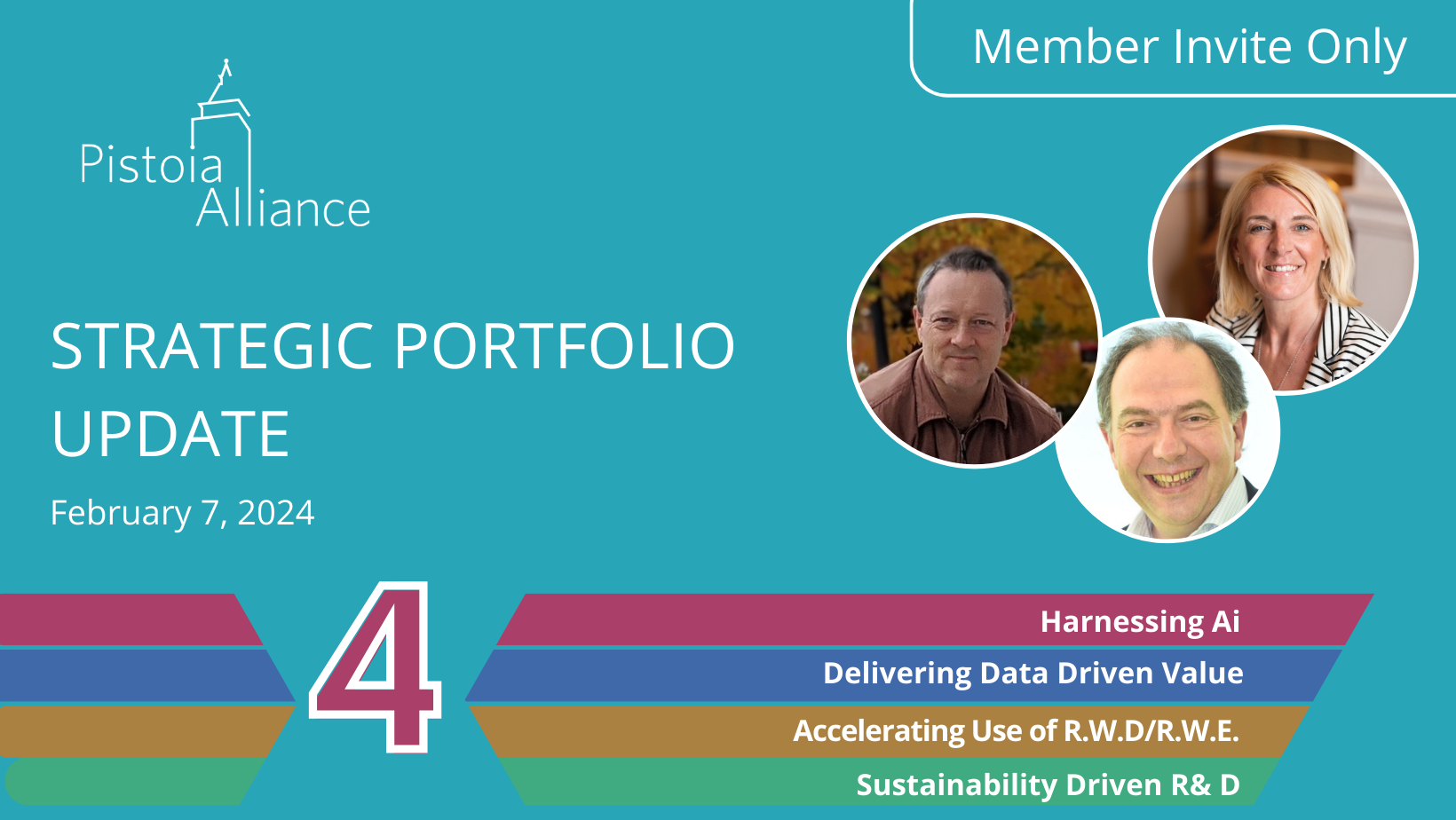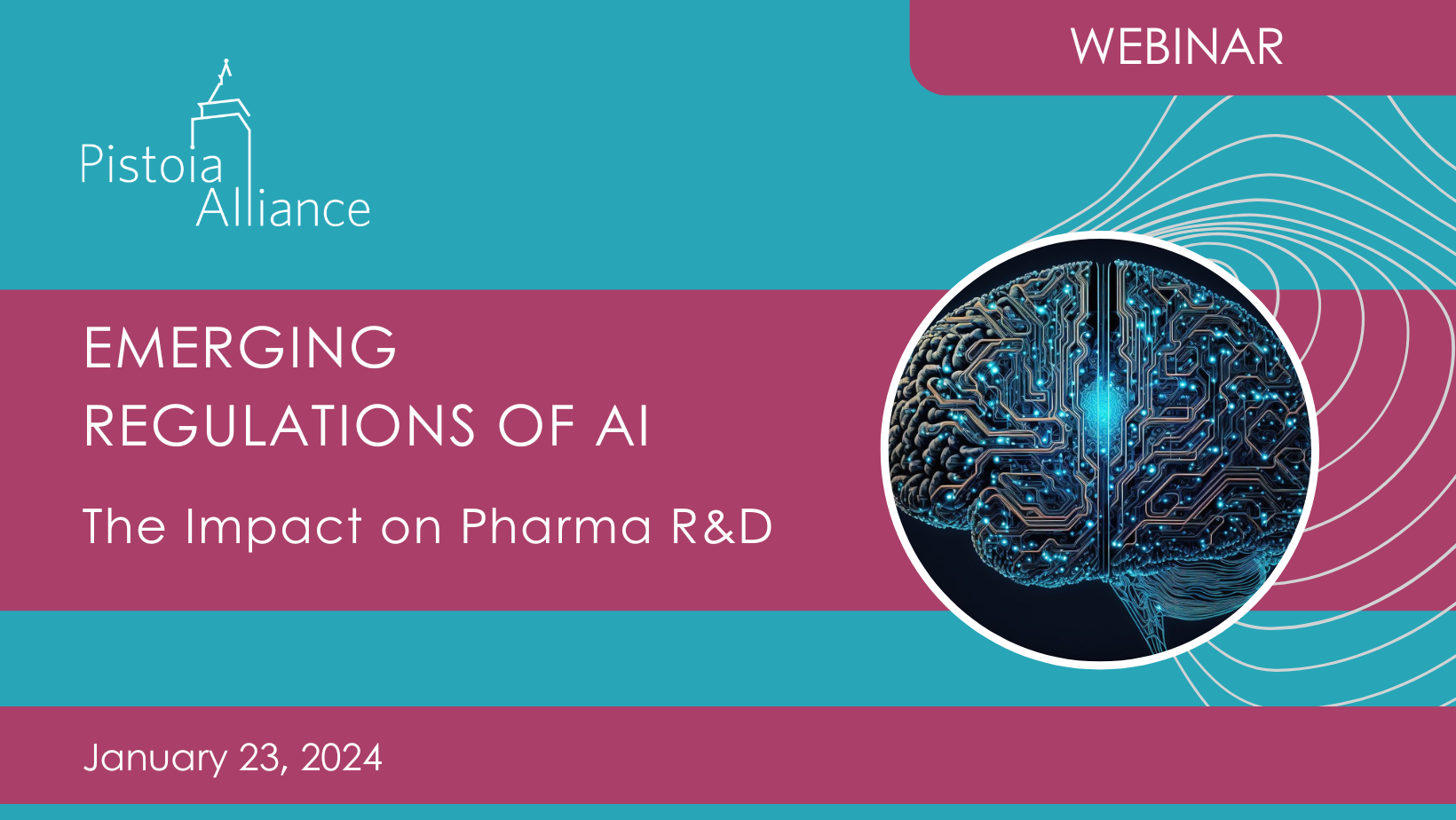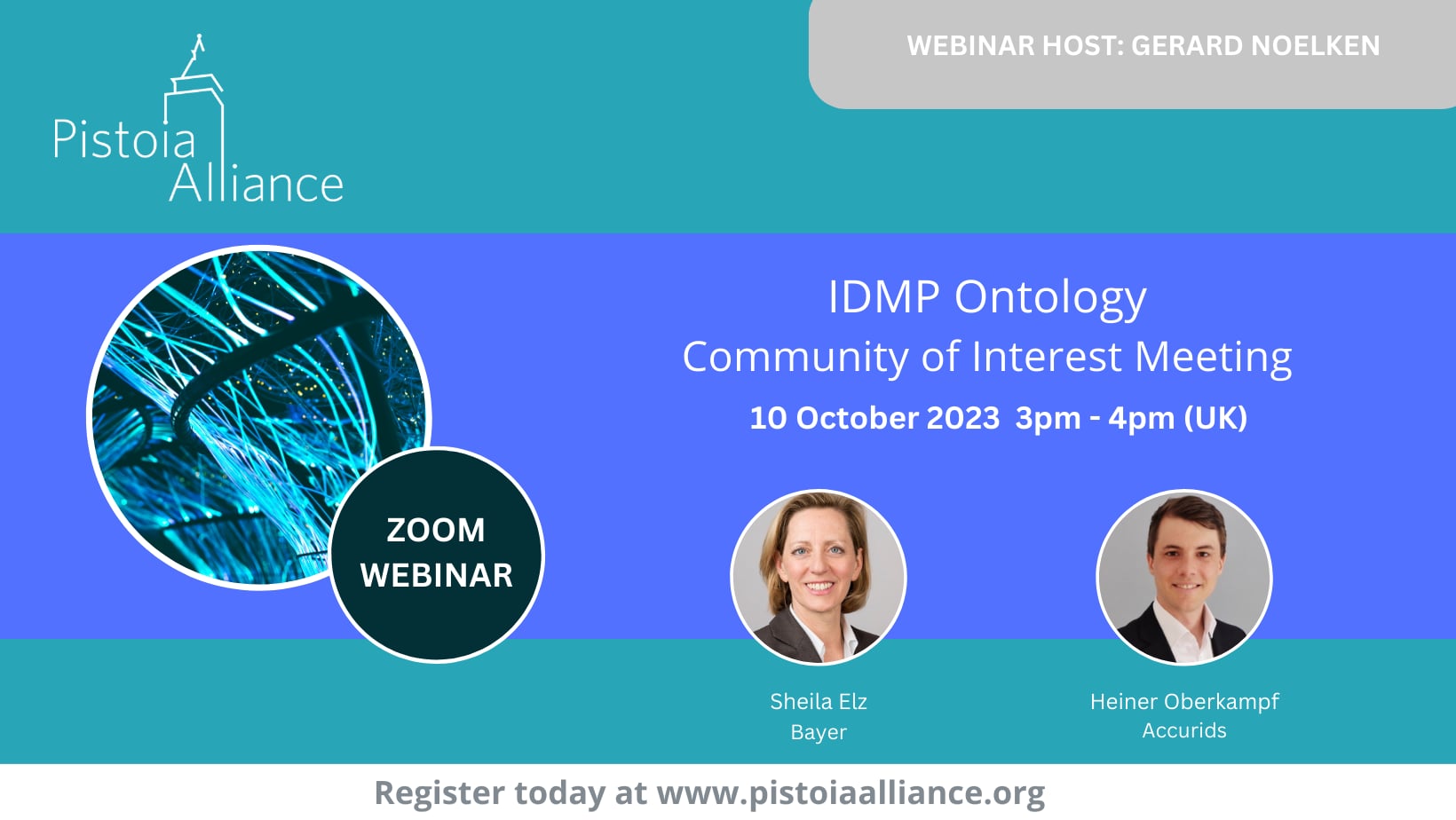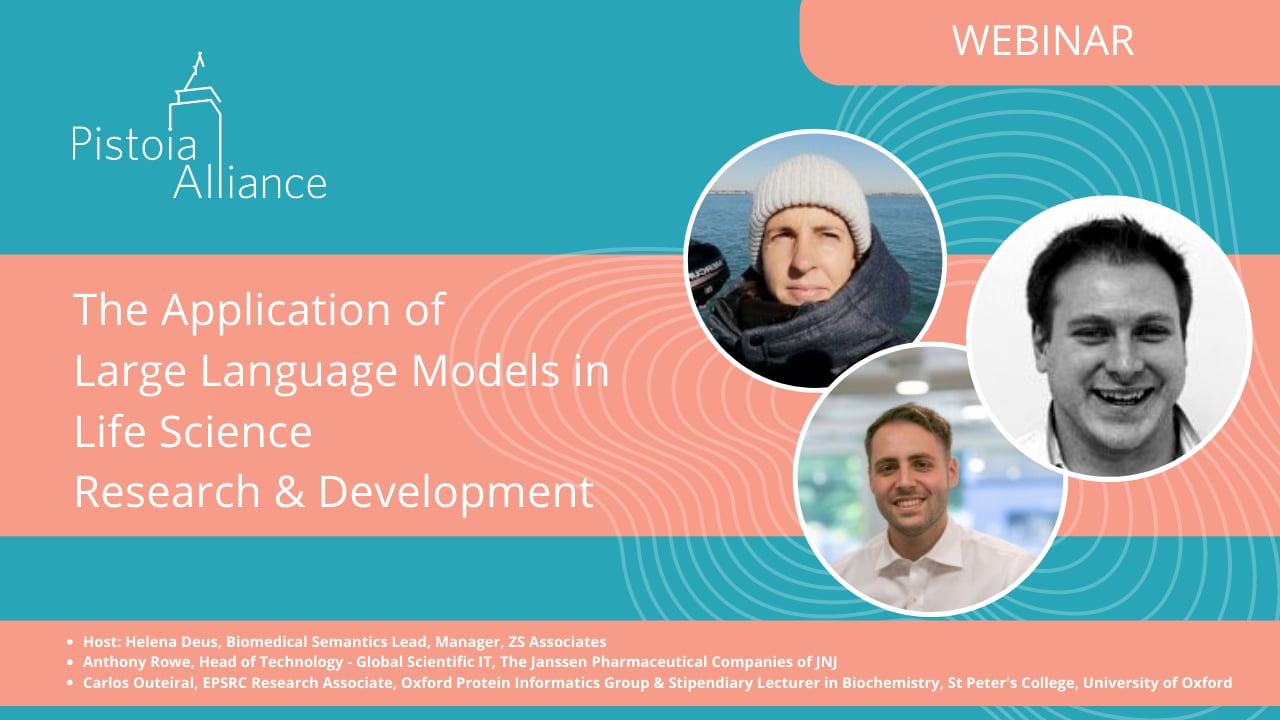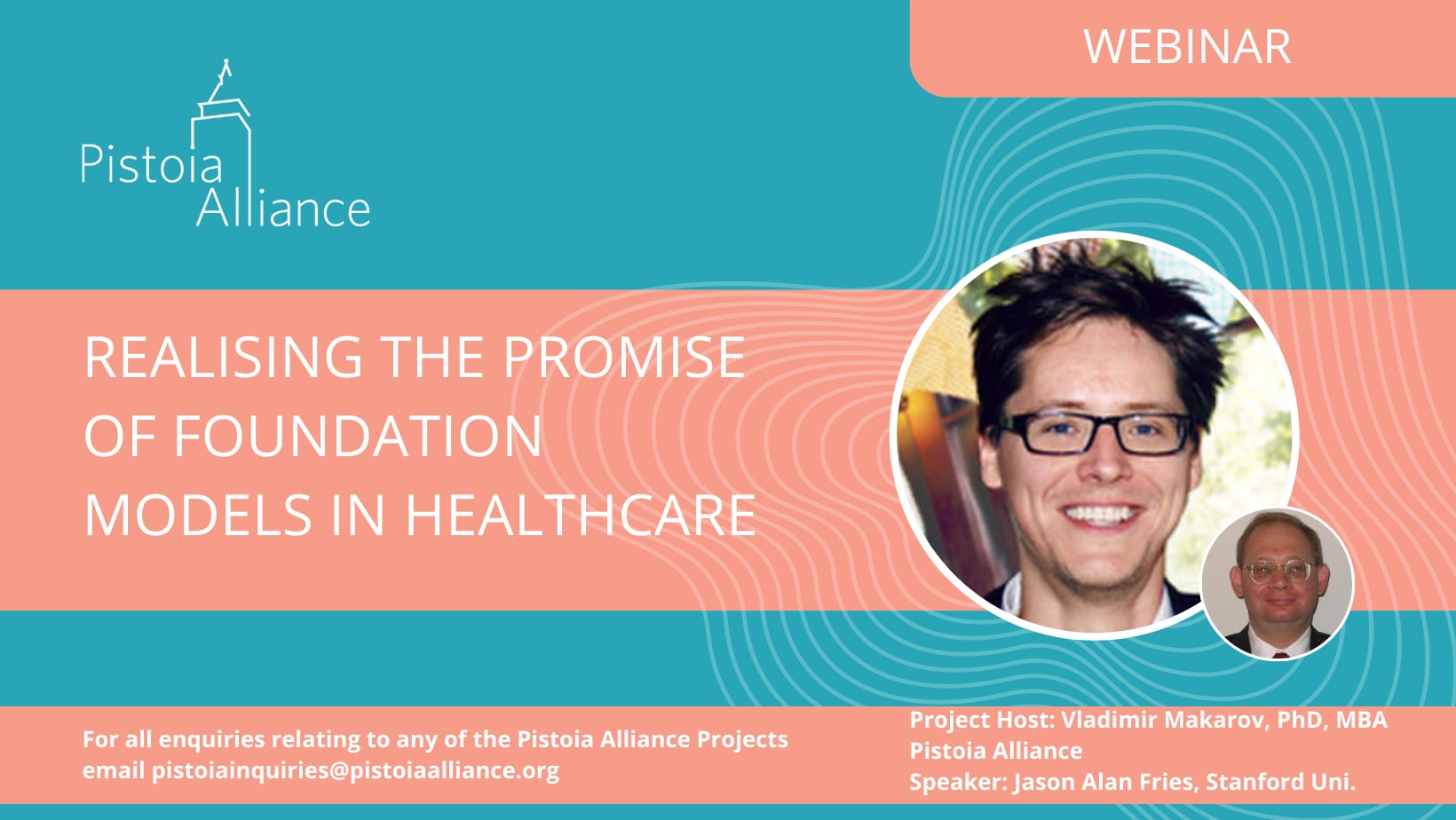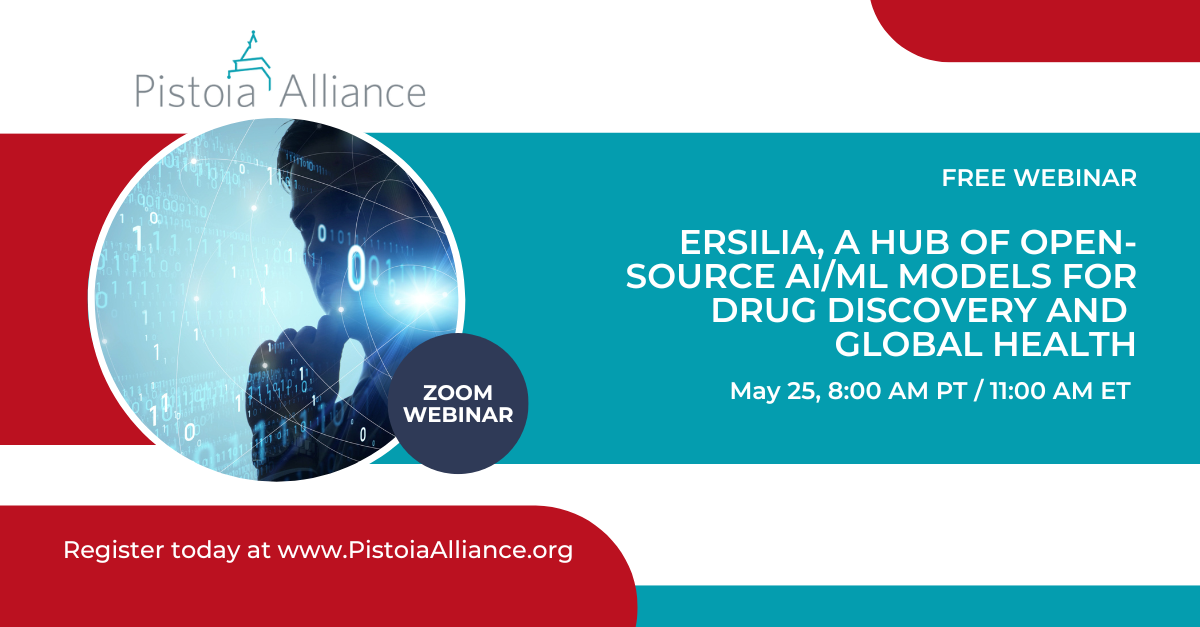We know enough about the LLM technology at this time to move it from popular hype into production. We are, however, still at the beginning of this journey. What does biopharma research need to focus on to ensure they are implementing LLMs effectively? How do we benchmark and standardise best practices for LLM usage? Join knowledge management thought leaders from AbbVie, Roche and Biorelate to take the LLM conversation forward from ‘if and why’ to ‘how, what, when and where.’
Join us for our webinar in which the panelists will discuss applications of Large Language Models in pharmaceutical R&D.
Speakers:
- Daniel Jamieson, Biorelate
- Etzard Stolte, Roche
- Jon Stevens, Abbvie
